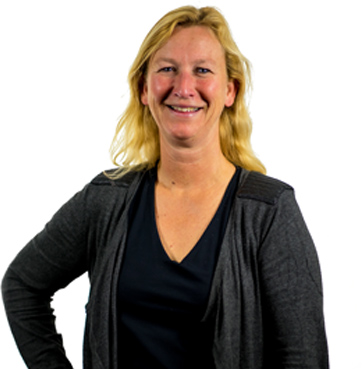

Do you have any idea where your tea in your cup comes from originally? There are two main types of Tea plants. The Camellia Sinensis originally comes from China and the Camellia Sinensis Assamica has its origin in India. Most Tea plantations are situated in Asia and Africa. In the early days the Dutch East India Company (VOC) and Dutch West India Company (WIC) had already trade lines between these parts of the world and Europe.
In the present time the global tea trade market did not change that much compared to our trade history.
There is still extreme poverty and inequality in parts of the world, especially in rural area’s where farmer communities grow their tea.
Most of the tea plantations are based on a mono cultural base. This makes the tea plants vulnerable for extreme climate change events and it results in more use of pesticides to prevent diseases.
Multinationals are leading the global trade market and are still land picking in developing countries. Also the tea has to travel long distances per airplane or sea container before it reaches us for consumption in Europe. This does not contribute to the carbon footprint. Tea has become a commodity product and there is an increasing over-production with a lack of transparency.
At the same time in the developed reality of the Netherlands there are more and more people who do not have enough money to buy healthy food or even to do their basic groceries at the supermarket. In case we have the money, it is difficult to know where our food comes from and if it is healthy and fair food. We have become completely dependent on a globalised food system.
Because of all these factors the balance between people, our planet earth and our economy is lost. We all need to ask our selves critically: “Do I still want to continue drinking my tea under these bad circumstances?”.



What if we could foresee in our own local tea and in other eatable plants? That could make us all more resilient. Do you know that tea can grow in Europe and also in the Netherlands? Our small tea forest in Someren in the Peel region in the province of Noord-Brabant already proofs that it is working very well.
Tea plants can grow in the shape of a sub canopy forest tree. It likes to grow in the shade under big canopy trees.
What if we could bring more trees to the tea plants on our land? Or bring the tea to the forests in our own living environment? An agroforestry approach enables us to create more biodiversity and to produce in a more natural way healthy food our selves. To achieve this we are developing a community based ecological tea forest in combination with modern smart farming techniques such as Aquaponics in Someren.
With other change makers of our local community we are transforming our rural area in connection with other villages and small cities around us. We invest in the social inclusion of people of all ages in our village. Especially, young citizens are our starting point. They are invited to bring in their talents from an early age when they are still at school. We collaborate with them actively in our local community to keep them connected to our local businesses and organisations later on after they leave school. On the same time we offer a secure access to healthy and affordable food, also to other citizens of villages and small cities around us.
In our local experiment we are building new partnerships with all kind of experts who act from different kind of perspectives in the field of water management, forestry, agriculture, craftsmanship, health and social care, hospitality and tourism, education and finance. We also participate in multi-stakeholder learning networks of the province of Noord-Brabant and in other European and global networks.
Together we experiment, learn and like to demonstrate in the peel region that it is possible to produce and consume our own tea in a more responsible way. We hope to inspire and stimulate other local communities to grow their own local tea forest as wel. And invite them to exchange their experiences with us. This will help to end poverty, to protect our planet and to ensure prosperity for all.

Our aim is not to produce tea and other eatable plants on a big scale, but to discover how our local communities can become more self-sufficient.
SomerenTEA invites citizens of Someren to become socially engaged with their local
food production. To make this more tangible, we start producing small amounts of special hand made mixes of tea and other eatable plants for special consumers. Several craftsmanship men, women and designers are working together on the ecological packaging of the mixes. This will visualise our ability of taking care or our own tea production. It will also offer working and learning space with new opportunities for people who are excluded.
How we are going to produce fair and social tea on a local level is a process of learning by doing. To optimise our learning ability and results we learn and act in collaboration with other tea fans from local communities of European countries like Denmark, but also from other local contexts such as for instance Nepal and Indonesia.

Start by yourself and start acting! Come and help us to promote our local tea and slow food movement. Demonstrate together with us how we as local communities can transform rural areas to realise fair, healthy and enough food for everybody.
info@somerentea.eu - Copyright Someren TEA 2025
Developed by de Peelpioniers